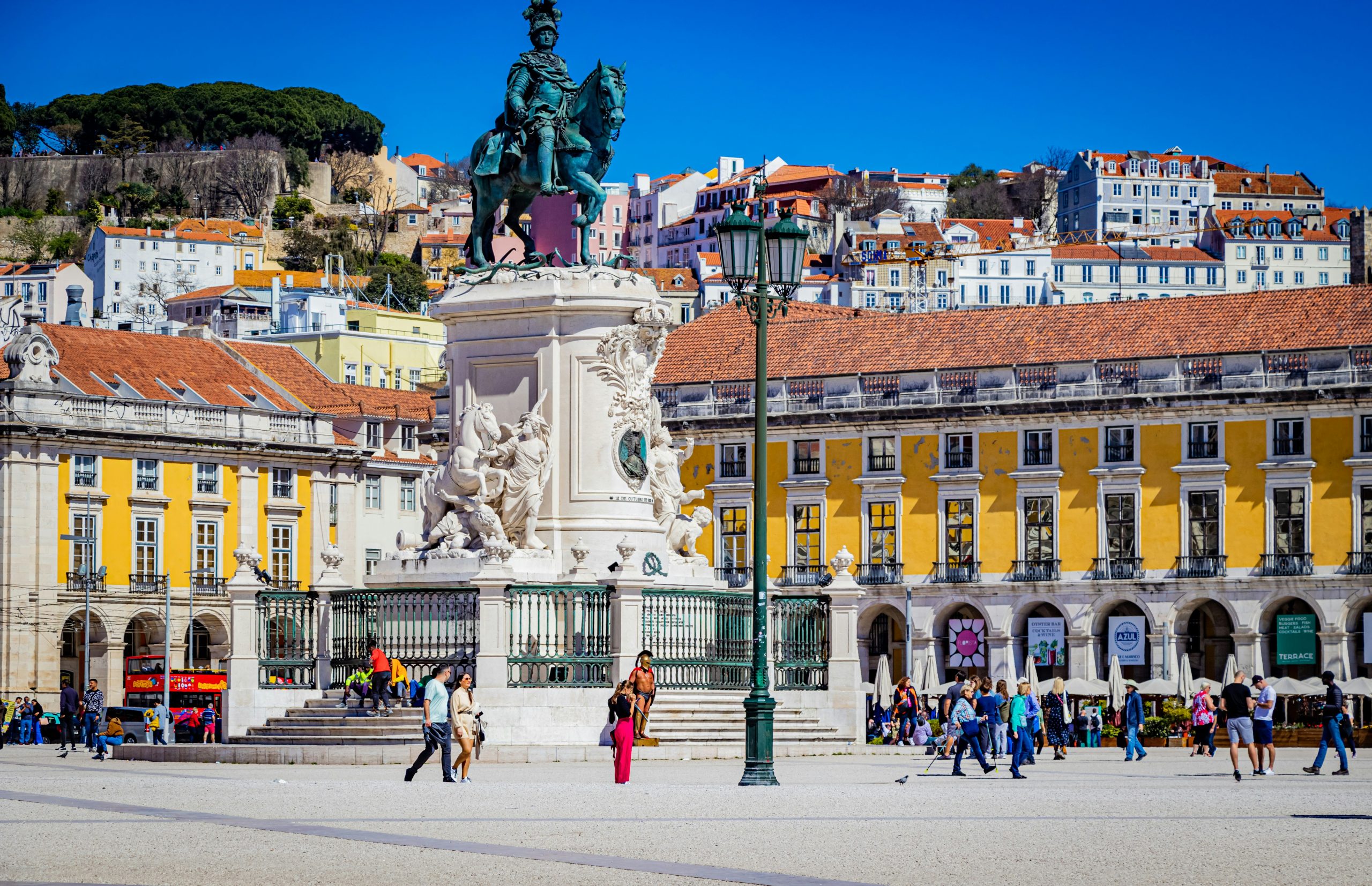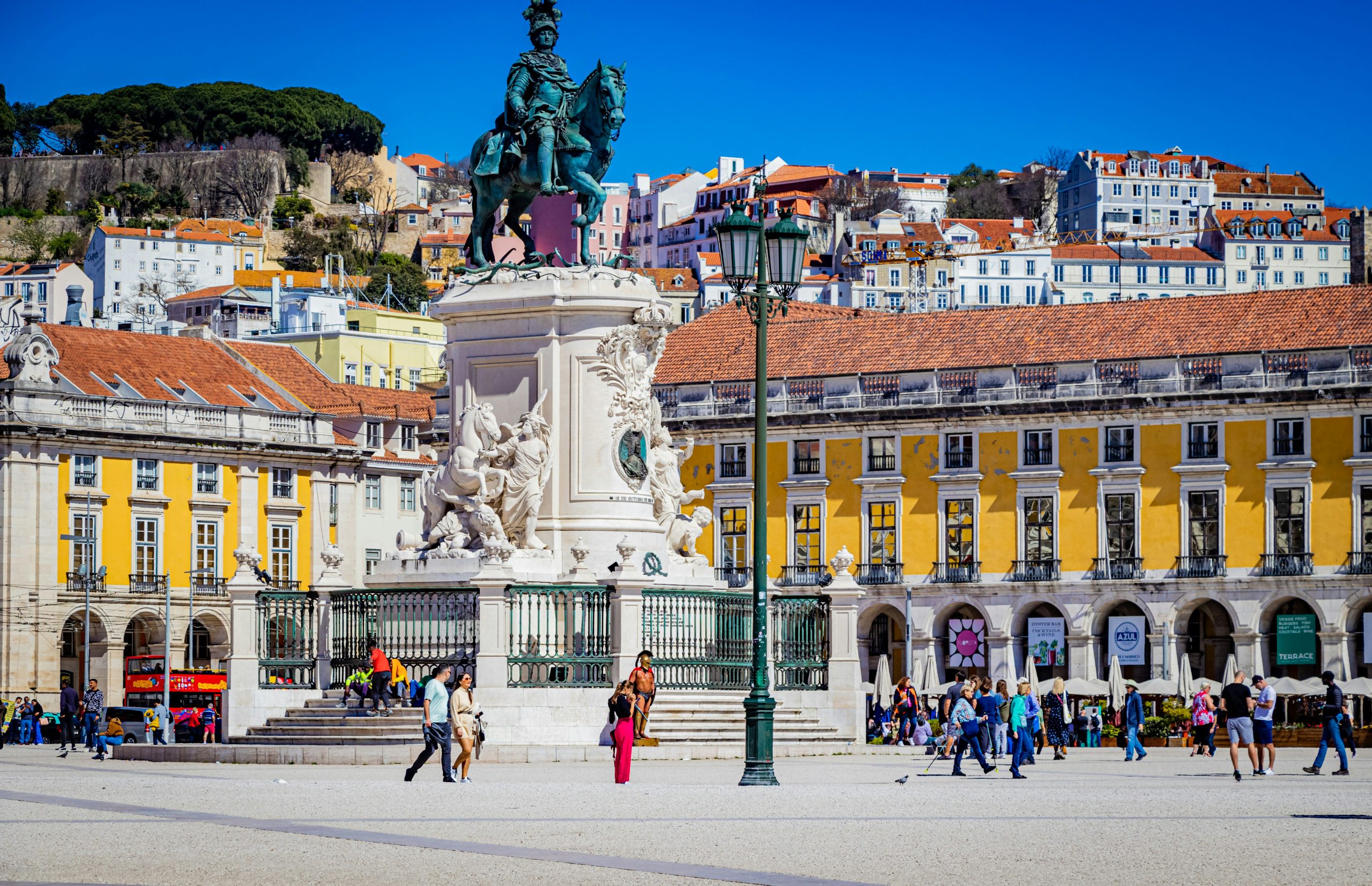The demand for second citizenship for Americans has risen sharply in recent years, not because of a passing trend but because of clear, enduring motivations: security, quality of life, and forward-looking tax planning. As uncertainty increases across political, social, and fiscal landscapes in the United States, more high-net-worth individuals are actively pursuing second passports—not as an exit plan, but as a long-term asset.
In this context, countries like Portugal and Italy have stepped into prominence. Their investor visa programs offer more than residency—they offer options. And for globally mobile families and sophisticated investors, optionality is no longer a luxury—it’s a form of security.
From Uncertainty to Optionality
The pursuit of second citizenship for Americans is increasingly driven by a desire for legal and lifestyle stability. Rising crime in urban centres, political polarization, and concerns over governance have prompted families to seek safer, more stable jurisdictions. Countries such as Portugal and Italy offer well-regulated legal systems, low crime rates, and globally respected healthcare infrastructure.
This shift has been further amplified by the pandemic, which demonstrated the importance of mobility and access during global crises. According to Kurran Sachdeva of Valerio Partners, both tech-driven professionals and retiring boomers are recognising the strategic value of second residency. Cities with functional infrastructure and strong family values—Lisbon, Cascais, Florence—are becoming the destinations of choice.
Quality of Life, Redefined
This trend is not about escape—it is about improvement. The Mediterranean lifestyle continues to attract Americans looking for more balance, culture, and community. In Portugal, the coastal stretch between Lisbon and Cascais has become a preferred region for property investment and lifestyle relocation. Luiz Maia of Maia International notes that this corridor provides the rare mix of luxury living, urban convenience, and access to international travel—all within 30 minutes of Lisbon’s airport.
With remote work now embedded in the professional landscape, families are choosing to live in places that support their lifestyle goals. The result? A shift in residence patterns away from congested financial centres to culture-rich European cities with manageable costs and long-term upside.
Tax Strategy and Structural Planning
For those considering second citizenship, tax optimization remains a decisive factor. The U.S. is one of the few countries that taxes its citizens globally—regardless of where they live. This creates friction for high-net-worth individuals, particularly those with international income streams and legacy planning considerations.
David Lesperance of Lesperance Associates underscores how second citizenship for Americans is becoming central to modern tax strategy. Jurisdictions like Portugal and Italy offer structured regimes—the NHR in Portugal, and the Italian flat tax model—that provide legally compliant, investor-friendly frameworks for reducing exposure on foreign income.
Lesperance also emphasizes the importance of thoughtful execution. Entry and exit planning are critical, and each jurisdiction carries nuances that must be handled professionally. Missteps are expensive. Done properly, however, second citizenship becomes a strategic enabler: one that supports global mobility, succession planning, and fiscal resilience.
Golden Visa and Investor Program Perspectives
Portugal’s Golden Visa program—though no longer linked to direct or indirect real estate investment—continues to offer a viable, fund-based pathway. Investors must understand that Portugal’s regulators consider the “spirit of the law” in evaluating eligibility. Since Golden Visa approvals often occur two to three years post-application, clarity and caution are critical. The goal must be long-term approval, not short-term convenience.
Michael Maxwell, founder of Portugal Panorama FCR and a pioneer in fund-based Golden Visa structures, stresses the importance of security-first design. “We want to sleep well at night—and so should those who invest for Golden Visa purposes,” he explains. The fund tolerates no risk on compliance, choosing instead to co-invest with proven managers in growth sectors of the Portuguese economy.
Italy offers another regulated option. Through its Investor Visa program, participants may qualify by investing in Italian bonds, companies, or start-ups. Ariete Capital, for example, provides a structured fund combining large-cap public equities with derivatives and private placements. Investors benefit from sector diversification, biannual liquidity, and exposure to Italy’s economic engine—all through a legally qualifying structure.
A Strategic Future
Second citizenship for Americans is no longer a back-up plan. It’s a forward-facing strategy—supporting international lifestyle goals, fiscal optimisation, and long-term resilience. As Portugal and Italy continue to refine their investor visa offerings, they remain two of the most aligned jurisdictions for globally minded families.
For those ready to explore life beyond borders, the road to second citizenship is no longer theoretical. With the right structure, right partners, and right jurisdiction, it becomes a gateway to freedom, opportunity, and peace of mind.





